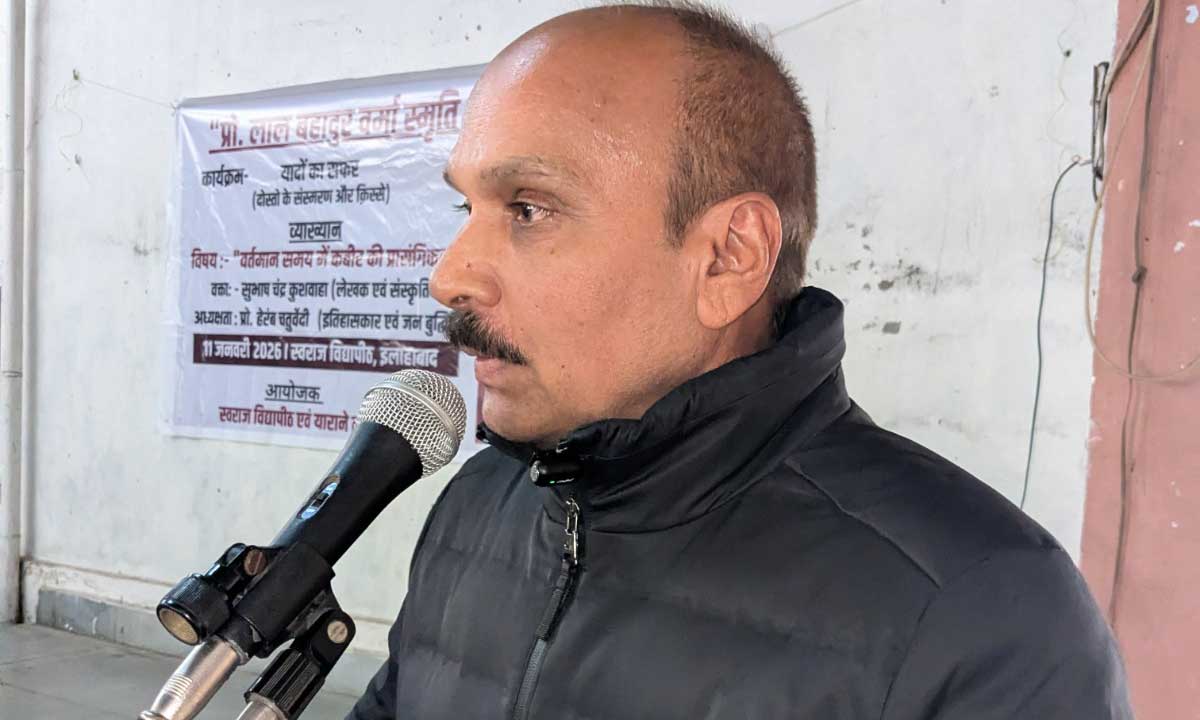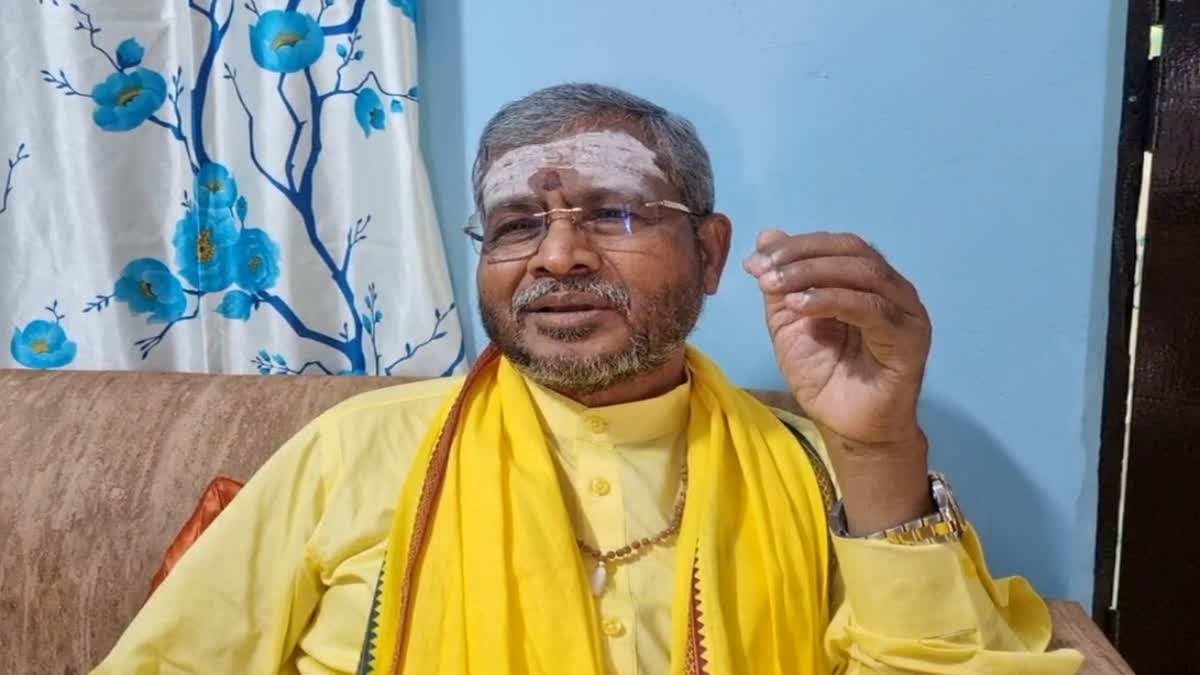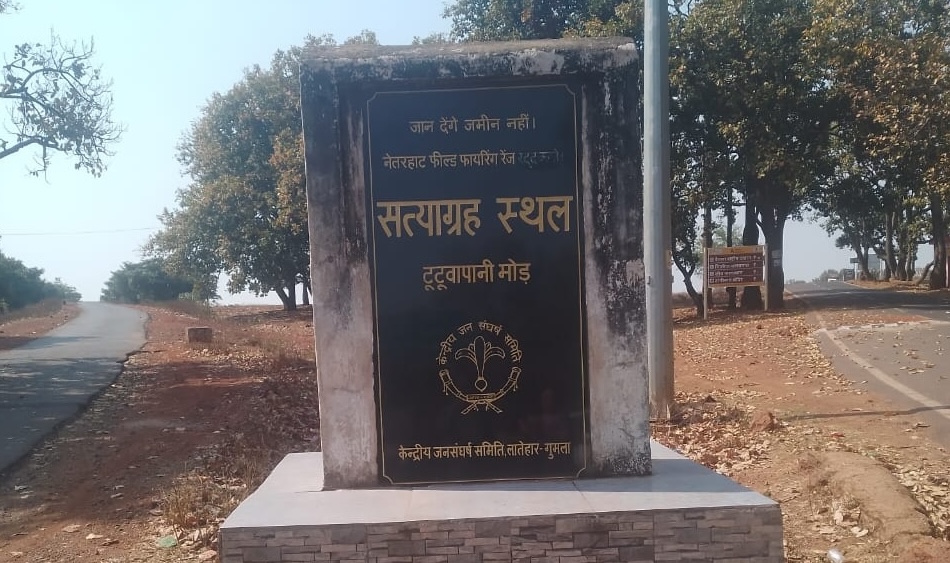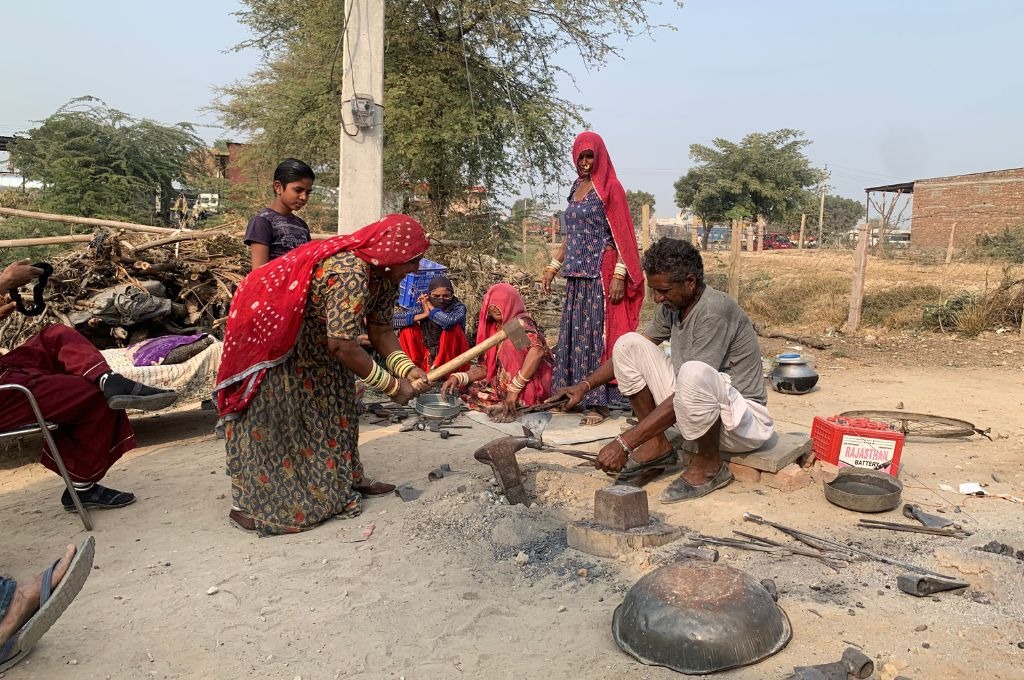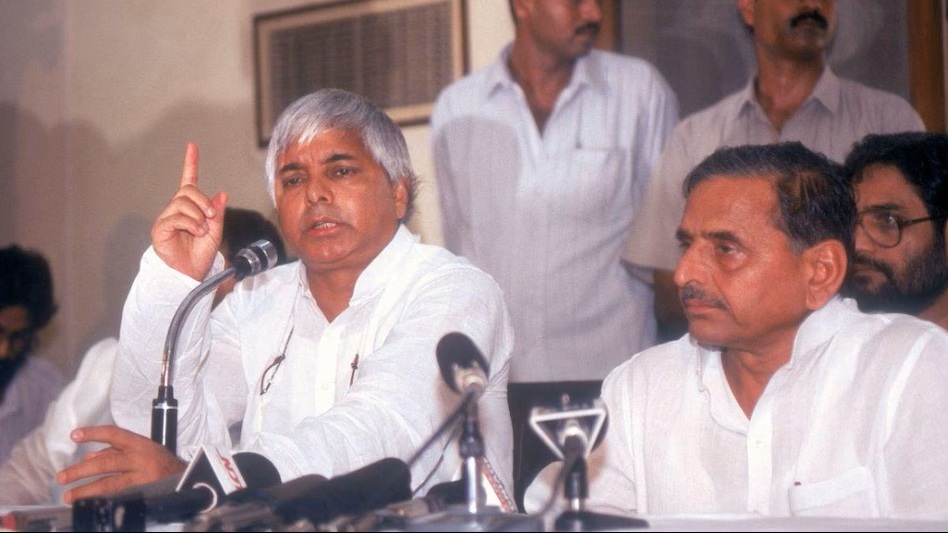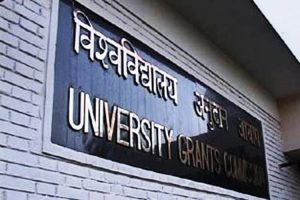 Some developments force one to look back. On 3 June 2016, the University Grants Commission (UGC) sent a circular to all central universities asking them not to reserve associate professorships and professorships for OBCs. The circular, though, makes it clear that SCs and STs would continue to benefit from reservation at all three levels, ie assistant professor, associate professor and professor.
Some developments force one to look back. On 3 June 2016, the University Grants Commission (UGC) sent a circular to all central universities asking them not to reserve associate professorships and professorships for OBCs. The circular, though, makes it clear that SCs and STs would continue to benefit from reservation at all three levels, ie assistant professor, associate professor and professor.
When I got this information through the Delhi University Teachers WhatsApp group, I was reminded of 2011, when JNU announced vacancies for professors and associate professors. Posts were reserved for SC, STs but not for OBCs. At the time, I was pursuing my PhD from the university and was an active member of the All India Backward Students’ Forum. The forum had fought a long battle for the implementation of OBC reservation in enrolment of students in JNU and the university had eventually accepted its demand. At that time, there were only two OBC professors in the university – S.N. Malakaar in African Studies and Pramod Kumar Yadav in Centre for Environmental Studies. They were recruited decades ago as “General” candidates and had reached their present positions against all odds (see chart).
In 2016, the situation remains unchanged. Only two of the 250-odd professors in JNU are OBCs – and they are the same two professors.
Teaching staff strength against quotas in JNU
| Professor | Reader | Lecturer | SL/SG | Other | Total | |
|---|---|---|---|---|---|---|
| Sanctioned Posts | 165 | 287 | 271 | --- | 5 | 728 |
| Existing Strength | 223 | 195 | 67 | --- | 5 | 490 |
| SC | 6 | 8 | 13 | 4 | 0 | 31 |
| ST | 3 | 4 | 7 | 0 | 0 | 14 |
| OBC | 2 | 0 | 0 | 0 | 0 | 2 |
| Upper castes | 212 | 183 | 47 | 0 | 5 | 343(?) |
| SC+ST+OBC | 11 | 12 | 20 | 4 | 0 | 47 |
| % Strength of SC+ST+OBC | 4.9 | 6.1 | 29 | 100 | 0 | 9.5 |
RTI No- 6-4/2009, Central Universities, UGC, dated 7 January 2011
During the course of our agitation, we were informed by the JNU administration that the decision against reservation for OBCs in these posts was taken on the basis of UGC’s directive. We then asked the UGC through a RTI application under which Act had it issued these instructions.
We also contacted the MPs of the parties that claimed to be the flag-bearers of “social justice” and asked them why despite their presence in Parliament, OBCs were being discriminated against. Most of the OBCs are Shudras, whose basic profession is farming, animal husbandry and artisanship. It is this class that has built the nation. OBCs have produced revolutionary saints, philosophers of rare intellect and scholars in ancient and medieval India. Today, the savarna castes have usurped their sources of livelihood. Who is lording over the dairy industry? Are Yadavs controlling it? Yadavs merely lug cans and supply milk door to door. It is not the Koeris and Kurmis who are dominating the vegetable business. Reliance and other MNCs are selling vegetables. Barbers do not own the glitzy salons and posh beauty parlours of the cities. They are merely daily-wage labourers there who get their “salary” on a daily basis. If they don’t report for work even for a day, their salary is deducted. Are the men with big tummies sitting on huge cushioned chairs in swanky furniture stores carpenters? By luring them in the name of liberalization, the savarnas have taken over the traditional occupations of the 5,000 castes figuring in the OBC list, including Bunkars, Telis, Chudiharas, Bhadbhujas, Nonias, Dhanuks, Kabadis, Chaurasias, Kahars, Pansaris, Bhishtis, Darzis, Kalwars and Chidimars.
The MPs had no answers to our questions but they showed great interest in what we told them and assured that they would apprise their top leadership of the difficult situation OBC research scholars find themselves in. Sharad Yadav, Premkumar Mani, Upendra Kushwaha, Ali Anwar and some other politicians extended ideological support to us and those who were MPs then raised the issue in Parliament. But nothing happened.
Part of the big game
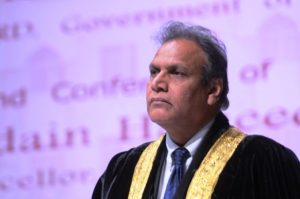
The UGC replied to our RTI query. It did not tell us under which rule or Act OBCs were deprived of reservations but appended a copy of a letter from UGC chairman Sukhadeo Thorat with the reply and said that the decision was based on that letter. We were shocked to discover that Thorat, a well-known educationist, had issued clear instructions not to provide reservations to OBCs for the posts of professor and associate professor in central universities. In the letter that was made available to us, Thorat said that reservations are to be granted to OBCs only at the entry level. He argued that the posts of associate professor and professor were not entry-level positions. That was the time when the institutions of higher learning had just begun granting reservations and interpretation of rules was key. Thorat had presented a Manuvadi interpretation of OBC reservations. He was playing the role of the shrewd Vedantics who interpreted the Vedas to suit their interests – in other words he was playing Shankar, the “Adi Shankaracharya”. The only difference was that Adi Shankaracharya was a Brahmin by birth while Thorat is a Dalit.
The fact is that the posts of associate professor and professor are entry-level positions because direct recruitments are made against these posts. The appointments to these posts are made through a fully fledged recruitment process that includes interviews. Generally, teaching experience of a couple of years is mandatory for appointment to these posts but candidates holding postdoctoral degrees or having special qualifications are exempted from this requirement. Obviously, the talk of “teaching experience” is nothing but sophistry. Additional marks are given to candidates applying for the position of assistant professor if they have teaching experience. By Thorat’s logic, the post of assistant professor should also not be considered an entry-level position.
Before Thorat wrote that letter, many universities were providing reservations to OBCs in appointment to posts of associate professor and professor. While we were waiting for the reply of our RTI query to UGC regarding JNU, Odisha Central University and Kerala Central University had advertised vacancies of these posts by taking into account 27 per cent reservation for OBCs.
In fact, placing the posts of associate professors and professors out of the pale of OBC reservations is part of a big conspiracy, the results of which will become visible in the times to come. The exercise to increase the retirement age and working hours of professors is also a part of the same conspiracy.
OBC faculty in central universities
In 2011, there were only four OBC professors in the central universities of the country. Of the 7,078 assistant professors in these universities, only 233 were OBCs (see chart). If you are a frequent visitor to these universities, you must be aware that the posts under General category in these institutions are considered reserved for the savarnas.
Just take a look at the UGC National Eligibility Test (NET) results. You will find a large number of OBCs among the candidates of the General category who have qualified. Or see the results of written examinations conducted by universities for enrolment of students. You will find OBCs not only among the successful candidates but also in the top ten. For inexplicable reasons – that are not as inexplicable – only savarna candidates are found suitable when it comes to the appointment of faculty.
What happens is that only savarna applicants are selected for interviews for posts of professor. If a Dalit, Tribal or OBC candidate hides his caste and applies under the “General” category and if the powers that be of the universities come to know, they consider it a great “fraud” and ensure that such “fraudsters” are never recruited even under the reserved categories. They forget their mutual differences and implement this unanimous rule strictly. After the implementation of OBC reservation, this “fraud” has come to be considered a heinous crime like “brahmhatya” (murder of a Brahmin). Such candidates are not given any opportunity to repent. They are banished from the academic world for good.
Thus, presently, 50 per cent posts of assistant professor are reserved for the savarnas and after UGC’s diktat takes effect, 77 per cent posts of associate professor and professor would be reserved for the savarnas.
Teaching staff strength against quotas in central universities
| Professor | Reader | SL/SG | Lecturer | Other | Total | |
|---|---|---|---|---|---|---|
| Sanctioned Posts | 1,943 | 3,744 | --- | 7,078 | 749 | 13,514 |
| Existing Strength | 2,563 | 2,931 | 451 | 2,327 | 580 | 8,852 |
| SC | 25 | 79 | 30 | 422 | 12 | 568 |
| ST | 11 | 29 | 10 | 211 | 7 | 268 |
| OBC | 4 | 4 | 1 | 233 | 3 | 245 |
| PH | 6 | 7 | 0 | 30 | 2 | 45 |
| Upper castes | 2,523 | 2,819 | 410 | 1,461 | 558 | 7,771 |
| SC+ST+OBC | 40 | 112 | 41 | 866 | 22 | 1,081 |
| % Strength of SC+ST+OBC | 1.5 | 3.8 | 9 | 3.7 | 3.7 | 12.2 |
RTI No 6-4/2009, Central Universities, UGC, dated 7 January 2011
Even though 27 per cent of the posts of assistant professor have been set aside for OBCs, here too, there are irregularities galore. In Delhi University, the reservation roster is being openly flouted. Ad-hoc (obviously non-OBC) teachers have been appointed to posts that have been reserved for OBCs in the roster.
When I recall the days of agitations of All India Backward Students’ Forum, I realize that OBC reservation does not have one enemy. It is being attacked from all sides.
Otherwise, why is it that the Hindi department of JNU, established in 1971, has not had a single OBC professor to date – and this when OBC students have been emerging at the top in this department. Most of the PhDs from the OBC community are either unemployed or are teaching in government schools. The doors of universities are closed for them.
Presently, I am a postdoctoral research fellow in Indian Council of Social Science Research. There is no reservation for OBCs in postdoctoral courses. I have been doing research in this institution for higher learning for two years now and my work is nearing completion. But I have yet to meet an OBC researcher. The number of Dalit researchers is satisfactory and there are some Tribal researchers too. But the natural right of OBCs has been gobbled up by the savarnas.
The UGC gives dozens of fellowships for research that benefit thousands of researchers every year. The stipend ranges from 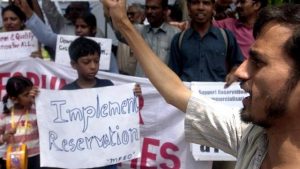 Rs5,000 to Rs60,000 per month. But only few of the beneficiaries are OBCs. Although it is heartening to note that the present NDA government instituted the National Fellowship for OBCs about two years ago, it caters to only 300 students. Evidently, it is just a drop in the ocean.
Rs5,000 to Rs60,000 per month. But only few of the beneficiaries are OBCs. Although it is heartening to note that the present NDA government instituted the National Fellowship for OBCs about two years ago, it caters to only 300 students. Evidently, it is just a drop in the ocean.
A small but influential section of society harbours deep hostility towards the OBCs. This is the reason for their problems. This hostility will not go away on its own. Nor will pleas work. A comprehensive agitation needs to be launched to counter it. As a Sanskrit maxim goes, the deer does not enter the mouth of a sleeping lion. The OBC youth should ruminate on the implications of this maxim.


